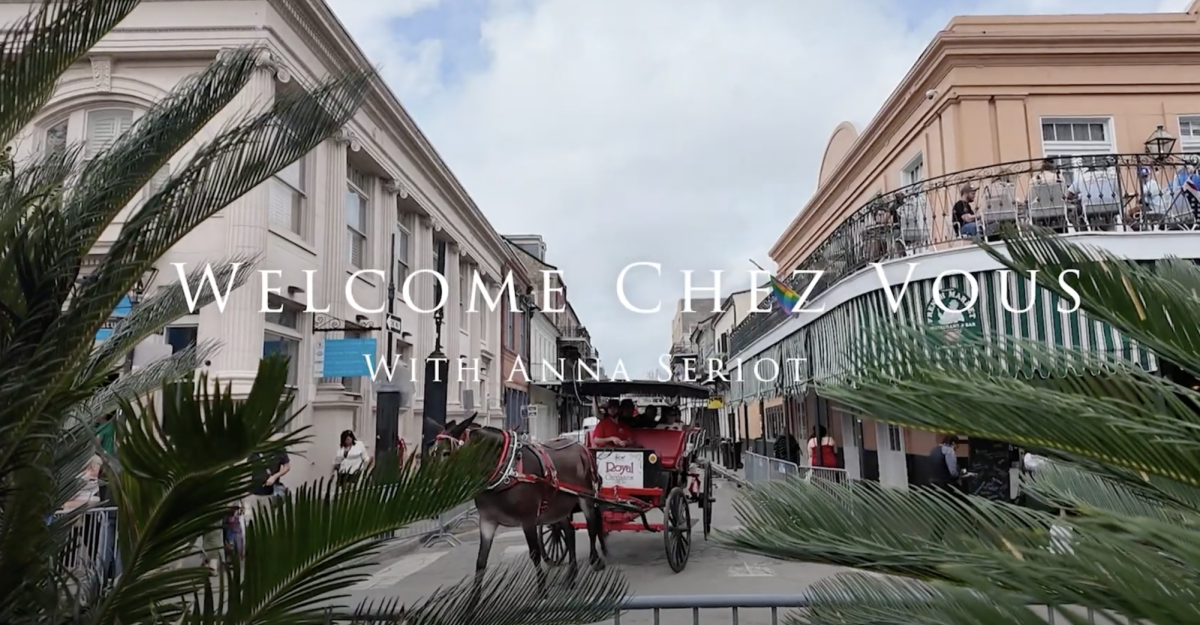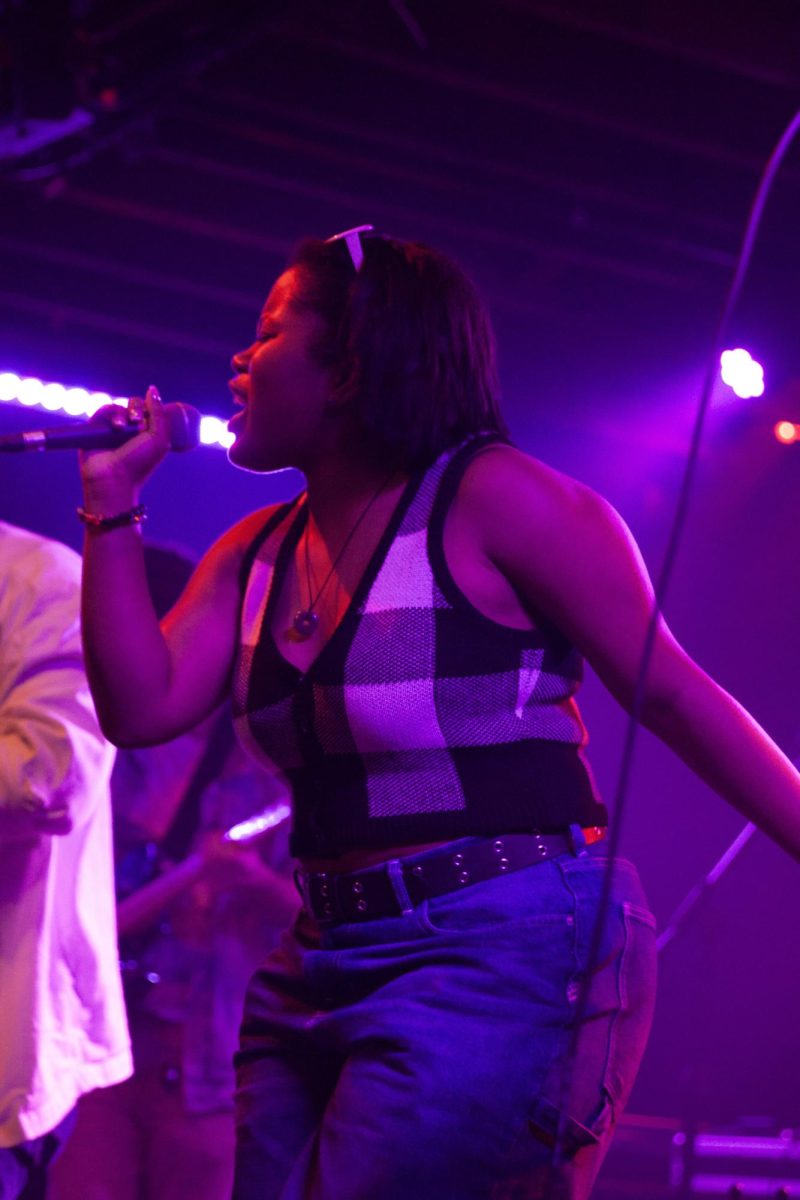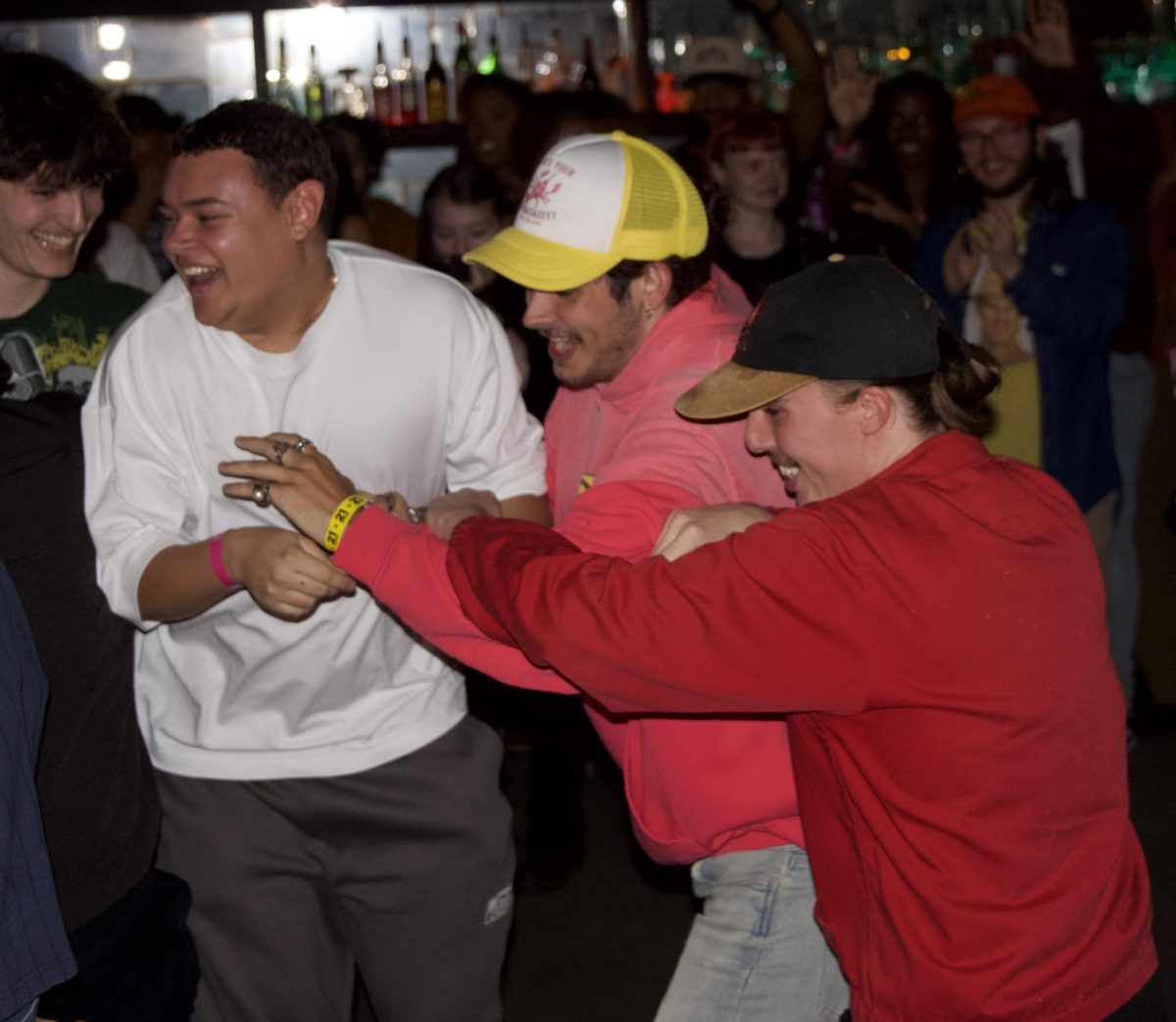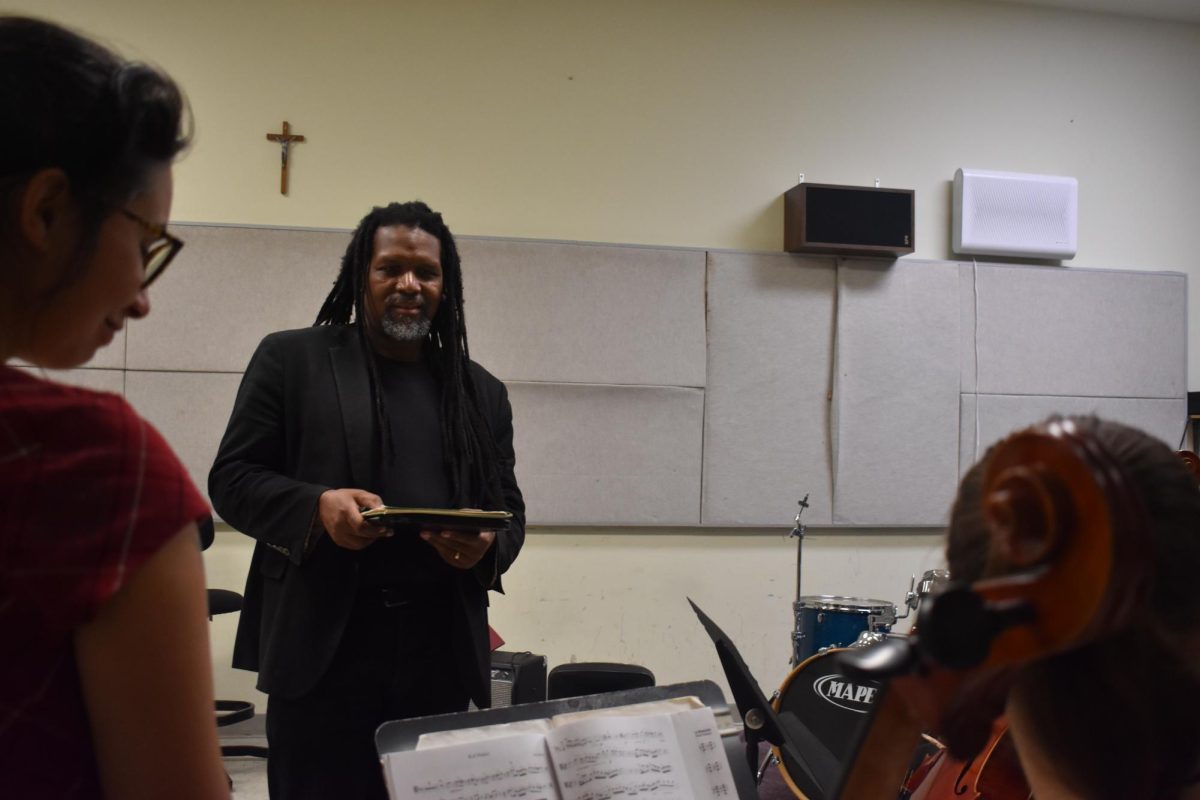Loyola students let their music do the talking in a nerve-wracking blind music audition process.
Each fall, current students hoping to join one of Loyola’s prestigious ensembles go through rigorous auditions to be placed in either the concert band or the wind ensemble. The process, known as a blind music audition, involves an anonymous faculty member judging the performance of an anonymous student. Professor Joseph Hebert, director of bands, explains that he started this process when he was teaching high school in the sixties and wanted to keep the auditions fair and professional.
“I didn’t want any one of the minorities to think that I was showing partiality to one person over the other,” Hebert said, “I don’t want to recognize if it’s a male or female.”
During the audition, students are not allowed to speak to the faculty member auditioning them. The faculty member turns their back or stands behind a barrier while the student plays one piece they have prepared, followed by one piece that is assigned to them on the spot. For the assigned piece, students have about fifteen seconds to look it over before they perform. This process is called sight-reading.
Students who have gone through the process, such as music education sophomore Jordan Peota, said calming exercises and repetition helped him overcome his nerves.
“I’ve found that meditating beforehand really helps,” Peota said, “Perform your piece a lot and for other people before you audition.”
Music education senior Ryan Becerra is the English horn soloist in the orchestra, wind ensemble and concert band. He said the reason he found the blind audition so intimidating is because the person auditioning can’t see the faculty member’s reaction to what they have heard. To prepare for his audition, Becerra worked on excerpts and did training exercises.
“I practiced five hours a day. The more you practice, honestly, the better you get,” Becerra said.
Once all of the auditions are over, the scores are calculated and the faculty announces which students, identified by an assigned letter, received the highest scores. Music education junior and trumpet player Doyle Cooper explains that waiting to hear the results is the hardest part.
“The waiting around is more nerve-wracking than the audition because you start to second-guess yourself. You start thinking ‘Did I play that note right?’,” Cooper said.
The competition runs high during these auditions. If a student feels they deserved a spot in a specific ensemble over a fellow musician, they can challenge that student for their chair by giving them a one-week notice. The student giving the notice selects two passages from the music the section is currently doing. Then a faculty member selects a third passage, and the students do another blind audition. If the person giving the notice beats the person that they challenged, they move up, but if they lose, they must wait two weeks before trying again.
Music education senior Kenny Tsao said that he has challenged people for their spots before but has never been successful.
“I have challenged in the past but never won. But it was still a good experience and practice audition.”
Hebert stressed that auditions are open to any Loyola student, not just music majors. All students interested in music performance are welcomed and encouraged to audition.
Raquel Derganz Baker can be reached at [email protected]













